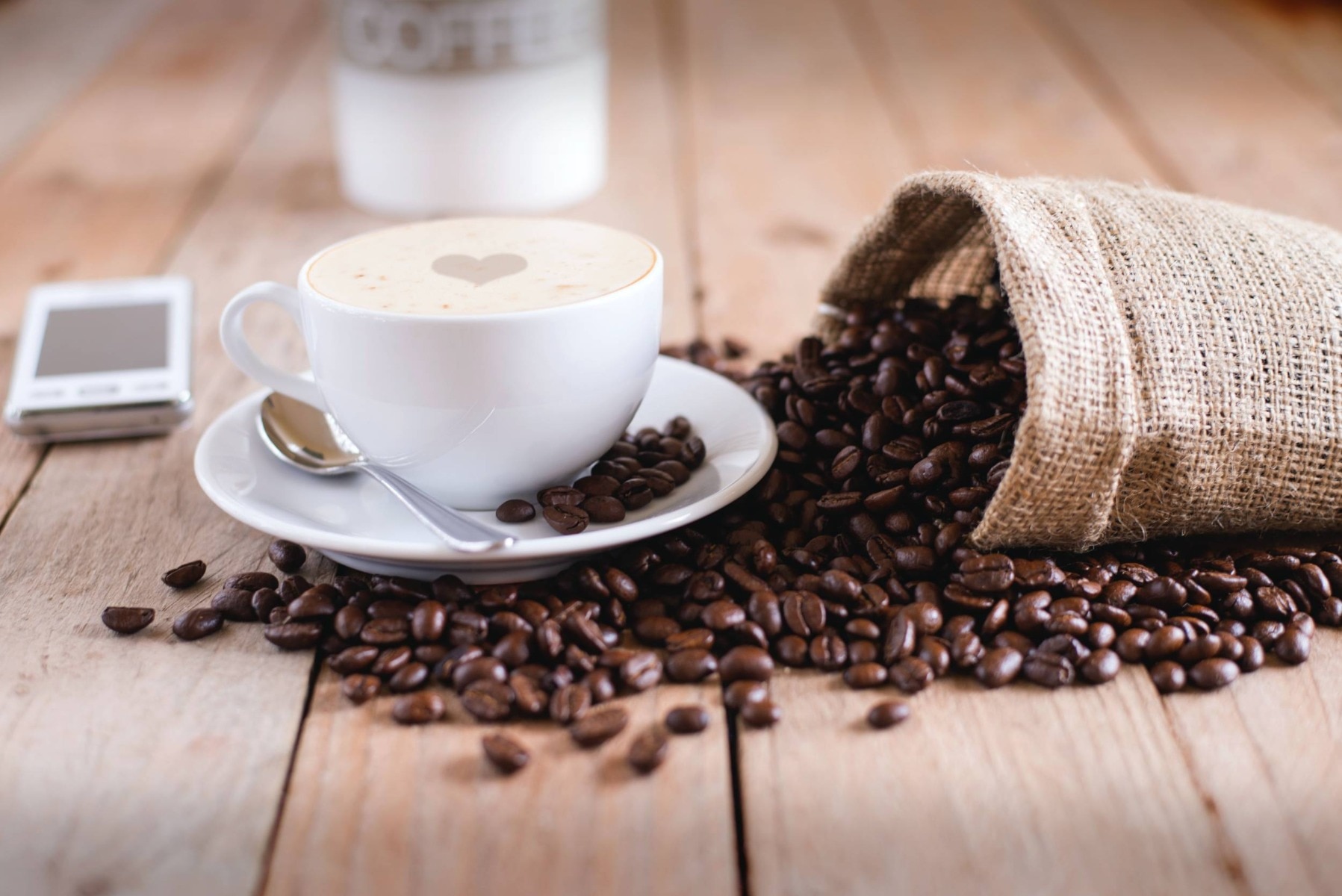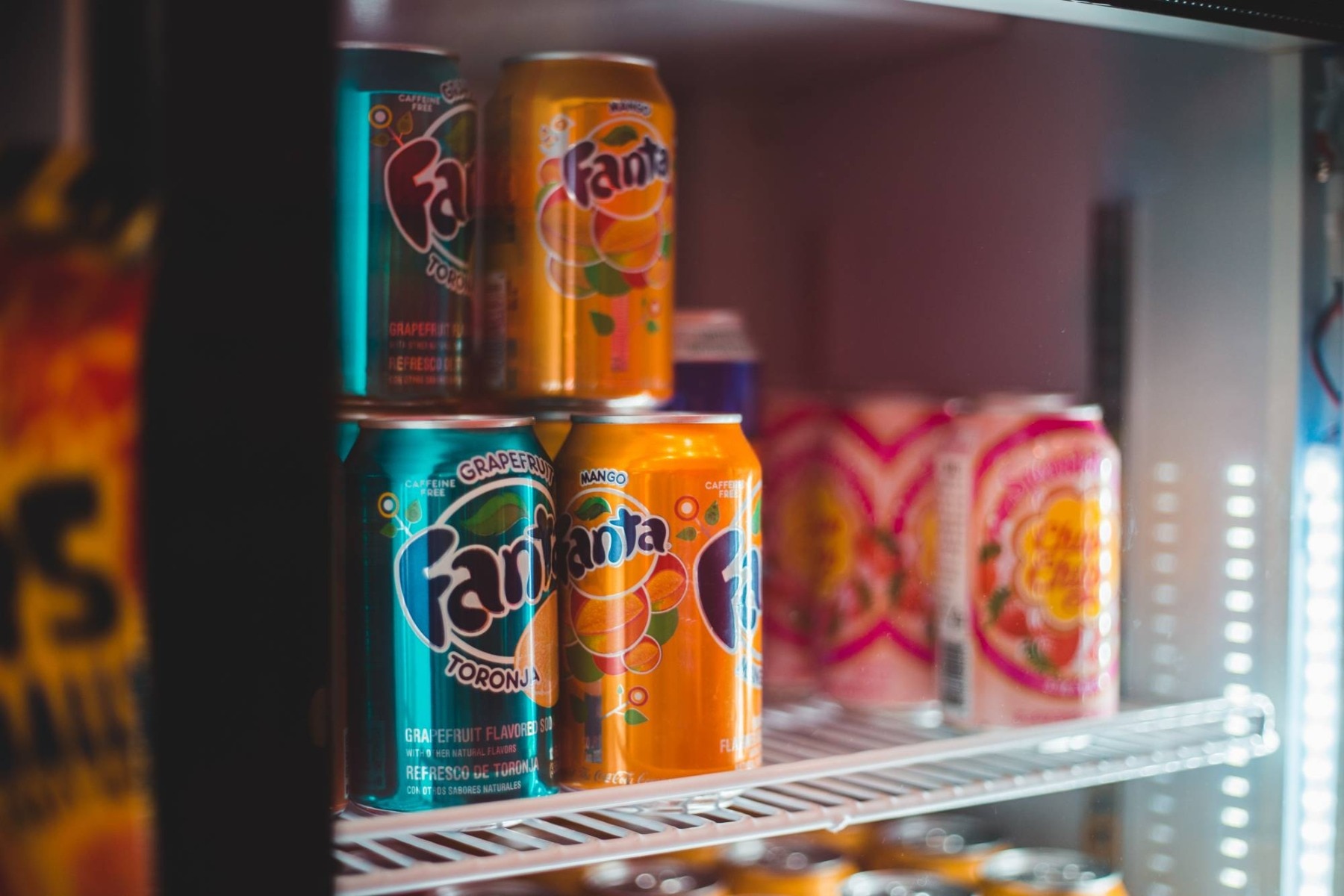There is always a lot of focus on what foods should and shouldn’t be consumed, but what about fluids? We all know, in a somewhat abstract way, that water is vitally important for us, but that’s not the end of the story - far from it. Liquids play a huge role in keeping us healthy and yet many only have a rough idea of what we actually need and why.
When working in an office it can be easy to get into bad habits of just drinking poor quality coffee because it’s free and available or nipping out to the nearest drinks machine to get something fizzy that gives you a nice kick. However, there is a dark side to many of the most commonly consumed drinks in the office. Here’s the lowdown on all those liquids - what you absolutely cannot skip, and a few things you probably should.
Water
Let’s start with the big one. Water is not only essential to keeping us healthy, alert and well flushed (apologies for the wording but that’s the truth) it is, after oxygen, the most important substance we consume. Humans can sometimes go several weeks without food, but go 3 days without water and you will almost certainly perish.
While few in the modern world die of dehydration, many are chronically dehydrated, with a recent study in the United States finding that an astonishing 75% of Americans are not consuming enough water.
The effects of this are wide-ranging and include dizziness, fatigue and confusion - none of which I think we can all agree are good when in the workplace. It can sometimes be difficult to keep track of water consumption, but one excellent way of doing it is to bring a 1-litre bottle to work and make sure you fill it, and drink it, twice.
Caffeinated Drinks

Caffeine is hugely popular in almost every corner of the planet and it’s not difficult to see why. The energetic rush that you feel is great at the start of the day to get things going, but too much can lead to crashes and significant sleep problems.
Coffee has by far the most caffeine and while too much can certainly be detrimental, a little coffee has been shown to boost performance, help to process glucose, and perhaps even lower the risk of Parkinson disease. Doctors generally agree that 400 mg of caffeine per day is about the recommended threshold, which works out to about 4 cups.
Tea is also widely popular and comes with lower caffeine, so for those who are sensitive to it, tea is probably your best choice. Green tea comes with countless benefits, including healthy bioactive compounds, antioxidants that may reduce the risk of cancer, while there seems to be some indication at least that green tea may help prevent cardiovascular disease and help to prevent type 2 diabetes.
Smoothies
Smoothies have long been touted as some kind of liquid holy grail and to some degree, they might be, though it really depends on what’s in them and how much sugar is thrown in for good measure. They can be an excellent source of protein or a vitamin and nutritional bonanza if you choose the right one. But be warned, not all smoothies are the wonder drink you think they are - here’s a quick guide.
A lot of smoothies that you buy in supermarkets are packed with sugar and often these include the ones that are labelled as ‘healthy’. The best way to know exactly what’s in your smoothie is to make it yourself at home and take it into the office. This allows you to play around with flavours while knowing exactly what and what isn’t in your smoothie.
Soda

Soda, or fizzy drinks, have seen spectacular successes since the 1950s. Coca Cola, Pepsi, Fanta and Dr Pepper have become household names but they have certainly heavily contributed to the explosion in obesity in recent decades.
Let’s look at some numbers. A single can of Coca Cola contains 39 grams of sugar - which funnily enough (or not) is 9 grams more than the daily recommended sugar consumption. Consuming significant amounts of soda is pumping your body with more sugar than it can deal with and quickly leads to weight gain, type 2 diabetes and tooth problems. Even diet coke, while not containing sugar, does have a lot of additives and artificial ingredients including sweeteners, none of which are natural or healthy for the human body.
If we look especially at the office, the crash after 39 grams of sugar is often severe and will probably leave you feeling much worse after an hour or two.
Energy drinks
Other drinks that have seen staggering popularity are energy drinks, such as Red Bull, Monster and 5 Hour Energy. These drinks usually come packed with caffeine which will give you that almost immediate energy rush, but they also often come with enormous levels of sugar and other substances that are terrible for the human body in such quantities and over a sustained period.
And the effects of excessive energy drink consumption can be scary and include nervousness, irritability, insomnia, rapid heartbeat, increased blood pressure - as well as obesity and cardiovascular issues. In short, they are marketed smartly as energy boosters, but very little is ever said about the long-term danger.
Conclusion
It’s easy to see why energy drinks and cup after cup of coffee can be tempting. In a busy work environment where you feel you need to be alert, on the ball and always motoring at a million miles an hour, the idea of simply drinking something quickly and then riding the wave can be enticing.
But as with many things in life, there are no quick fixes and the drinks that provide the largest burst of energy are usually the worst for us. If you are struggling with energy levels at work, first make sure you’re drinking enough water as most instances of fatigue are simply dehydration. However, the problem could be far wider than that. Are you sleeping properly, eating food that provides the body with what it needs and doing enough exercise?
If you feel you really need a pick-me-up beverage in the afternoon, a small cup of coffee or a green tea will provide what you’re looking for, without pushing you over the edge.